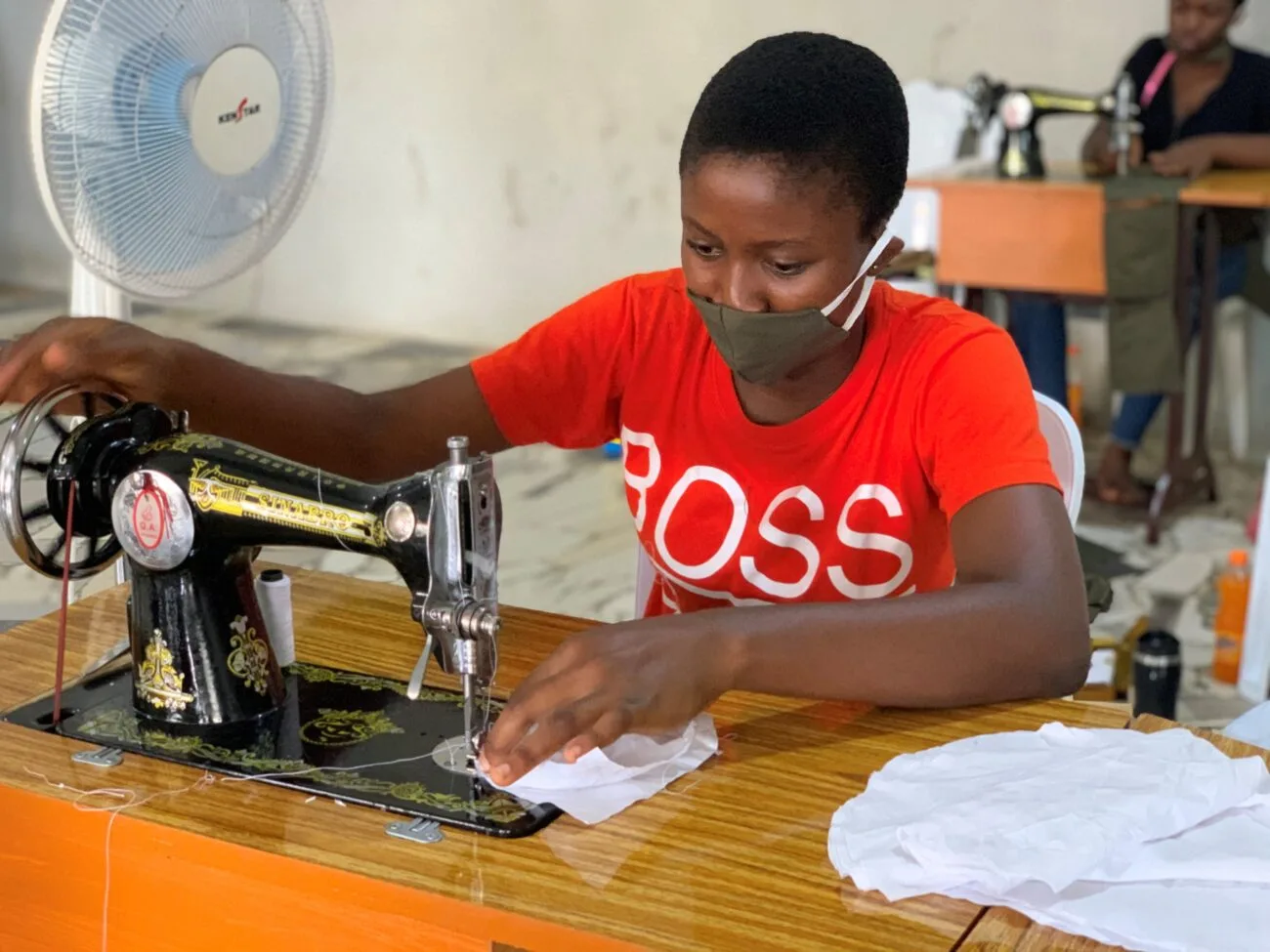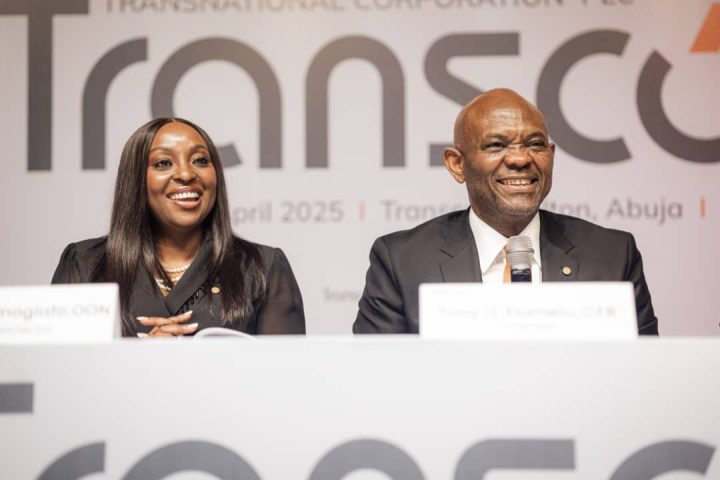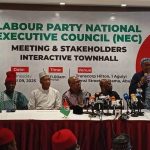NBS Reports Drop in Self-Employment
The National Bureau of Statistics (NBS) has revealed that 84% of Nigeria’s working population were self-employed in the first quarter of 2024.
This marks a 3.3 percentage point decrease from the 87.3% recorded in the third quarter of 2023, according to the NBS’s Nigeria Labour Force Survey (NLFS).
Join our WhatsApp Channel“The proportion of people in self-employment has fallen steadily,” an NBS spokesperson stated. “We are witnessing a shift towards wage employment, particularly in urban areas.”
Shift in Employment Trends
According to the NBS, wage employment has seen a notable increase, reaching 16% in Q1 2024, compared to 12.7% in Q3 2023. This shift suggests a growing preference for traditional salaried jobs.
READ ALSO: Nigeria’s Unemployment Rate Rises To 5.3% In Q1- NBS
NBS further commented, “The rise in wage employment, although modest, reflects gradual absorption of the workforce into more formal sectors, particularly in urban regions.”
Rural and Urban Disparities in Self-Employment
The report also highlights a disparity between rural and urban areas regarding self-employment. In rural areas, the self-employment rate declined from 93.7% in Q3 2023 to 91.9% in Q1 2024. Meanwhile, urban areas saw a drop from 80.7% to 78.2%.
Rural areas, where agriculture dominates, continue to rely more on self-employment. In contrast, urban regions show a higher shift towards wage jobs. “This gap reflects differing economic structures,” noted the NBS report.
Gender Disparities in Employment
The NBS also pointed out gender differences in self-employment. The rate of self-employed women dropped by 2.3 percentage points, from 90.2% in Q3 2023 to 87.9% in Q1 2024. For men, the decline was slightly larger, falling from 82.9% to 79.9%.
While both genders saw declines, women remain more likely to be self-employed than men. The NBS explained, “The gender gap in self-employment may be linked to women’s higher participation in informal and small-scale enterprises.”
High Levels of Informal Employment
The NBS data reveals that 92.7% of Nigeria’s workforce is engaged in informal employment, a slight rise from 92.3% in Q3 2023. Informal jobs, which are typically unregulated and lack social protections, continue to dominate the labor market.
“Informal employment is particularly high in rural areas, where 97.6% of workers lack formal jobs,” the NBS noted. In urban areas, the informal employment rate stands at 89%.
Educational attainment remains a significant factor in determining employment type. The report indicates that 98.8% of those without formal education work in informal jobs, compared to 67.6% for those with post-secondary education.
What Lies Ahead?
As Nigeria’s self-employment rate continues to decline, many workers are transitioning towards wage employment. However, informal employment remains a key challenge, particularly in rural areas. According to the NBS, education and formal sector growth may be essential to reducing informal employment levels.
Self-employment, though decreasing, remains a crucial part of the economy, especially in regions with limited formal job opportunities. The NBS’s findings suggest that this trend will continue to evolve as Nigeria’s labor market adapts to shifting economic conditions.
Emmanuel Ochayi is a journalist. He is a graduate of the University of Lagos, School of first choice and the nations pride. Emmanuel is keen on exploring writing angles in different areas, including Business, climate change, politics, Education, and others.
- Emmanuel Ochayihttps://www.primebusiness.africa/author/ochayi/
- Emmanuel Ochayihttps://www.primebusiness.africa/author/ochayi/
- Emmanuel Ochayihttps://www.primebusiness.africa/author/ochayi/
- Emmanuel Ochayihttps://www.primebusiness.africa/author/ochayi/


















Follow Us